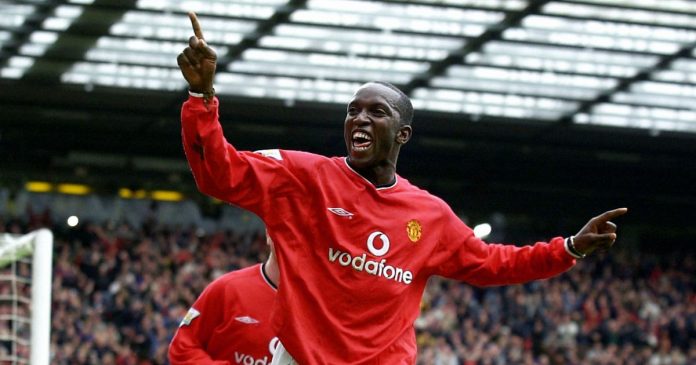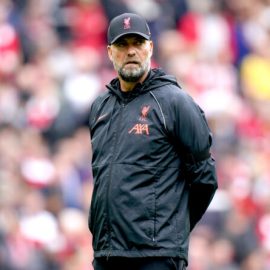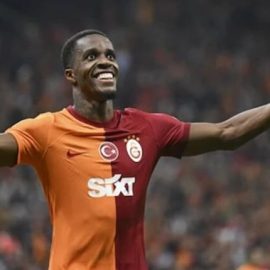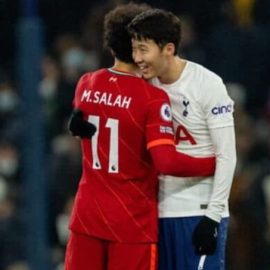When Danny Welbeck scored a thirty-yard screamer against Stoke earlier this season (albeit the fifth goal of a 5-0 trouncing), he immediately became my favorite player on Manchester United. The eighteen-year-old English striker piqued my interest not because he is an integral member of the United first team (in fact, he has primarily featured in Carling and FA Cup ties this year), but because of his place of birth: he is a tried and true Mancunian, born in the southern district of Longsight.
In today’s football world, Welbeck, is something of an anomaly. To have a player feature in the first team for his hometown club is very uncommon (although another Mancunian, Paul Scholes, has been a stalwart of the United lineup for the past decade), considering football’s rapid globalization and the influx of foreign stars from all four corners of the globe into the EPL. Although globalization has caused top clubs to become worldwide brand names and reap enormous profits, this sort of commercialism has well and truly killed the regional “flavors” of football that once existed.
In England, for example, in the years of the old First Division, before South American and African players were carted in and the glamor of the Premier League seized everyone’s attention, style of play was primarily decided by geography.
Northern clubs, with their muddy pitches, were known to play the “long ball” game— i.e. a fullback or wide midfielder would play deep crosses to a burly striker who would try to cause enough confusion in the box for someone to prod the ball home. Defenders were known for bone-crunching challenges and referees were oft inclined to ignore anything short of a life-threatening injury. If you need an example of the Northern style, look no farther than Hereford vs. Newcastle in the 1972 FA Cup. Southern teams, enjoying better weather, were known to play more “attractive” football — i.e. keeping the ball on the surface and working through the middle of the field.
Today, at the top level of the game, these styles have ceased to exist, replaced instead by a homogeneous style of play characterized by speed, an emphasis on attack, a play-making midfielder, and wingers pushing up the field to the point where they almost become wide strikers.
Let’s consider the European international game as well. Back in the day, the Italians were known for their clean sheets and strong defense; the Spanish and Portuguese for their attacking flair; the Dutch for their technical and tactical proficiency; the Germans and Eastern Europe for strength and finesse; and the English for their long ball style.
While these stereotypes still exist to some extent in the international game, they have been severely muted by the introduction of the “homogeneous style.” And right now in the United States, the national team is going through its own identity crisis as well. One camp has called for the Americans to inject South American flair and tactics into the national team while the other camp has called for the team to remain true to the more traditional, European style of play it has always employed.
Obviously, the standard of play has increased tremendously as a result of these stylistic changes. But is this necessarily a good thing? In light of the mindless money-making product football has become, I doubt it. Why is the game of football concerned with progress from progress’s sake when it means the death of its very foundations? Simply put, the game has been taken away from the fans, placed in the hands of money-grubbing businessmen, a fact that we’ve all hopefully recognized by now. Of course, the situation will never change and the past is the past. We’ll never reclaim that era of homegrown talent, that era when Celtic won the European Cup with eleven Scotsmen born within thirty miles of Parkhead. Today, there’ll always be a boy in the streets of Rio or Dakar picked up by a roving scout to usurp that Glaswegian.
For the future of football, I hope Danny Welbeck breaks into the United first team and becomes a one-club man. Without him, you could replace the words “Manchester United” with “Chelsea,” “AC Milan,” or “Real Madrid.”
Add Sportslens to your Google News Feed!






